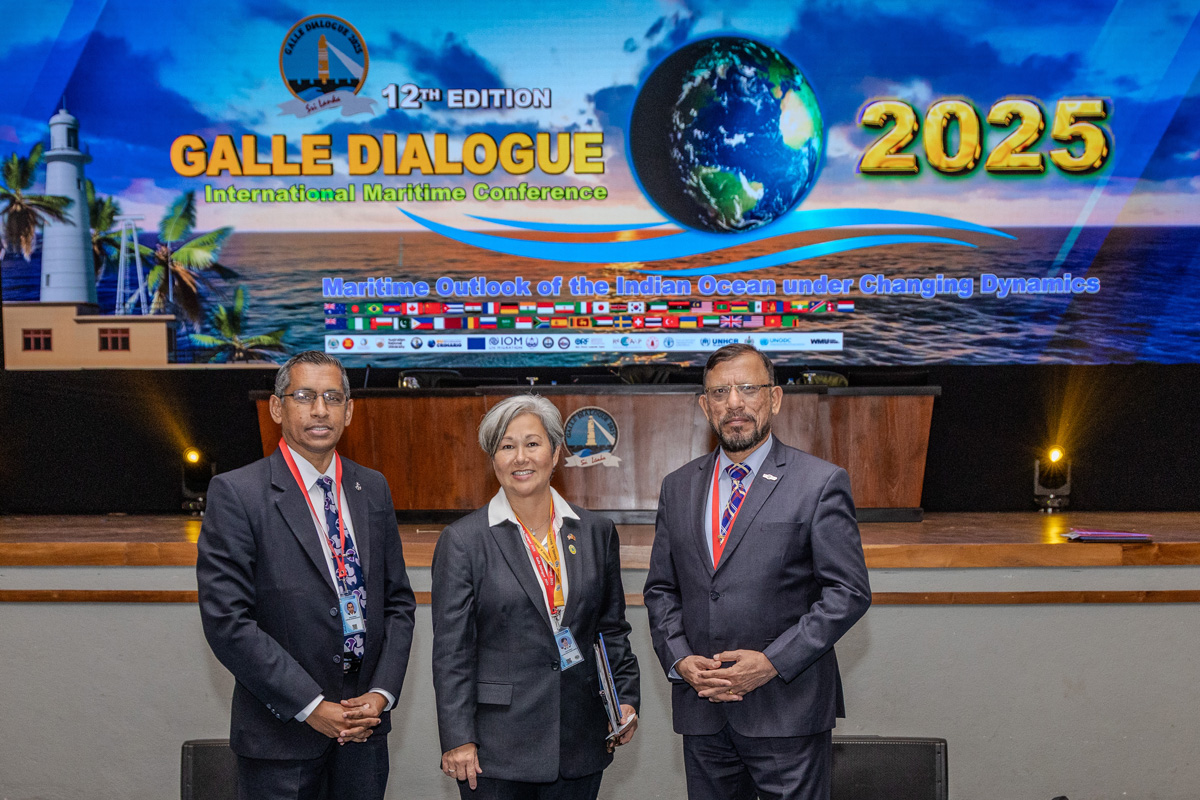Enhancing Decision-Making with AI: Start Human, End Human
A new Security Nexus Perspective by Dr. Elizabeth Vaughan Moyer examines the strategic application of large language models in Indo-Pacific security operations while addressing technology competition and sovereignty concerns. Moyer, a DKI APCSS fellow and major in the U.S. Air Force, tackles the urgent challenge facing security professionals: leveraging artificial intelligence for enhanced decision-making without compromising critical thinking or accountability. The analysis emphasizes a key argument: organizations that embrace experimentation with imperfect technology will gain significant advantages over those waiting for ideal solutions.














